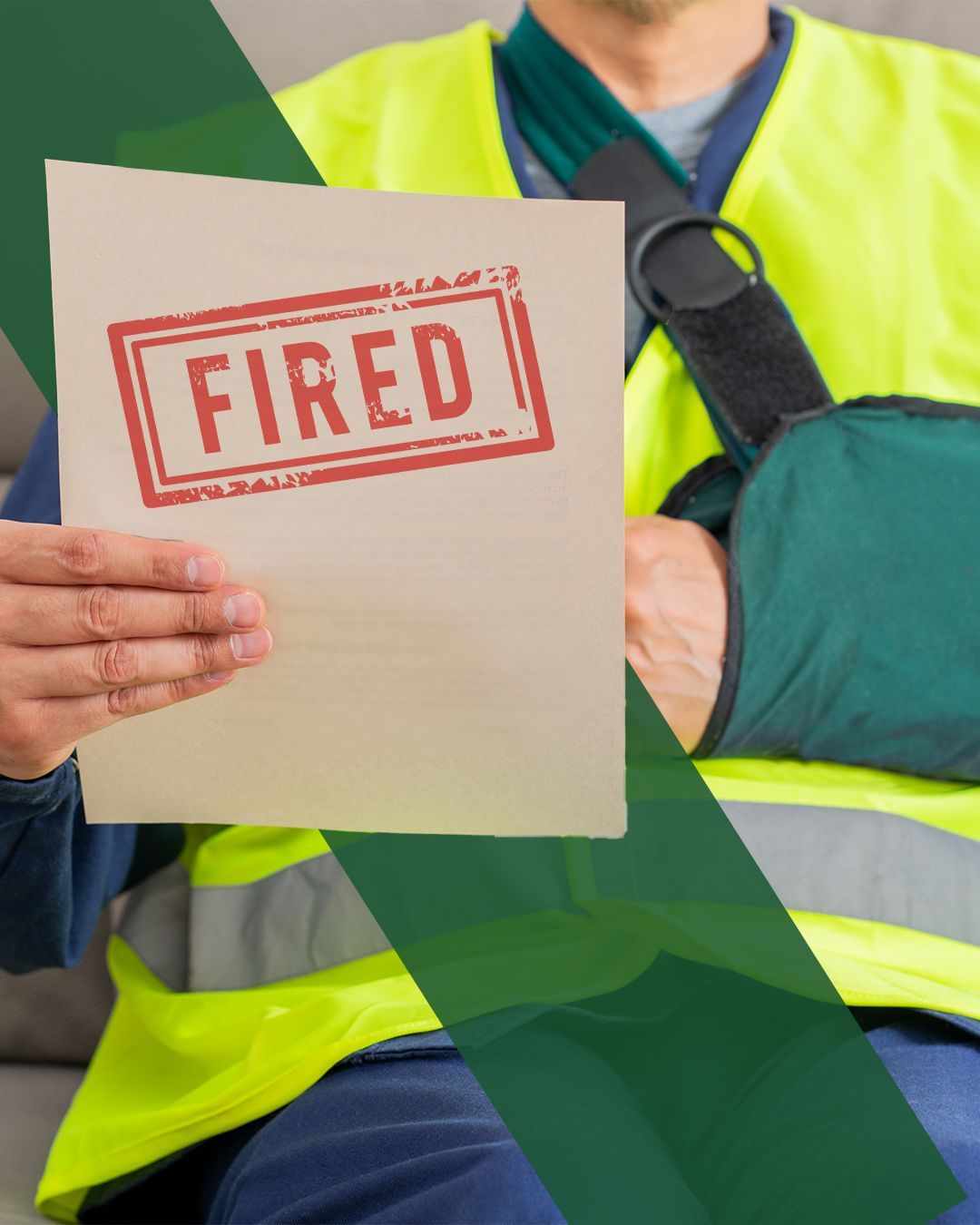Dealing With Insurance Companies After A Car Accident
After a car accident, you want to hope that your insurance company will take care of you. However, insurance companies have a reputation for being difficult to deal with after accidents. Because they are in the risk assessment business, insurance companies know how to play games with your claim and make it hard for you to get the compensation you deserve. Luckily, we are here with some tips to help make the process a little easier.
Know What You Are Up Against
Insurance companies have a reputation for being difficult to deal with after car accidents. This can be frustrating, especially when dealing with your injuries and the aftermath of a car accident.
Insurance companies are motivated by profit and the bottom line. They want to do everything they can to reduce their costs to keep their profits high and shareholders happy. That means they may deny claims, delay payments, and hire investigators to find ways to deny or minimize their payments if they think that will save them money in the long run (even if doing so is unethical).
Gather Evidence
Taking pictures of the accident scene, your injuries, and any damage to your property will help you and your insurance company get a clearer picture of what happened. You should also take pictures of any witnesses who were there at the time and police officers who arrived on the scene.
If you cannot photograph anything for some reason, ensure you write down as much detail about it as possible—including descriptions or measurements of objects or people involved in an accident. Typically police reports can help when you need official documentation of any accidents and are a great document when filing claims.
Keep Records Of Everything
As soon as you have been in an accident, you must keep track of everything. You can start by keeping a diary or journal of events—when and where the crash happened, who was involved, and what injuries they sustained.
Keep copies of all medical records related to your injuries incurred in the accident, including doctor’s notes, x-rays (and MRI/CT scans), and prescriptions for medication. For example, if you were diagnosed with whiplash or another injury after the car accident, ensure these are documented along with all treatment plans prescribed by your healthcare provider(s).
Keep a copy of all bills related to property damage caused by the collision (like repairs on a broken headlight), medical care received after being injured during an auto collision, or lost wages due to time off work as a result of injuries sustained at this time as well as any other expenses associated with this incident.
Take note of the insurance agents you talk to as well. It can be hard to track down agents you talk to while being put on hold, but if you can write down names, identifying support ticket numbers, or any other identifying info, you can help your case.
Be Wary Of Documents You Are Asked To Sign
Be very wary of documents you are asked to sign. Insurance companies will often try to get you to sign statements that say you're not going to ask for additional compensation, and they may even ask you to agree not to sue them in court. Don't do it! If a statement of this nature is slipped into the pile of stuff an insurance adjuster has given you, take it out and put it aside. Do not sign anything until your attorney has reviewed it with you.
Legal Help
Not all insurance companies are created equal. Some are more likely than others to deny claims. Suppose you're dealing with an insurer that has a reputation for denying claims often. In that case, it's best to work with an experienced personal injury attorney who can help you fight back against the insurance company.
Insurance companies are in the business of making money, not paying claims. They must delay payment as long as possible to reduce their costs. They will try to make you accept a lower settlement than you deserve. If you have to go to court, you will need an attorney.
If your claim is denied and you believe the decision was made in bad faith, the team at Slusser Law Firm is ready to fight for your rights. Call today to schedule an initial consultation.




